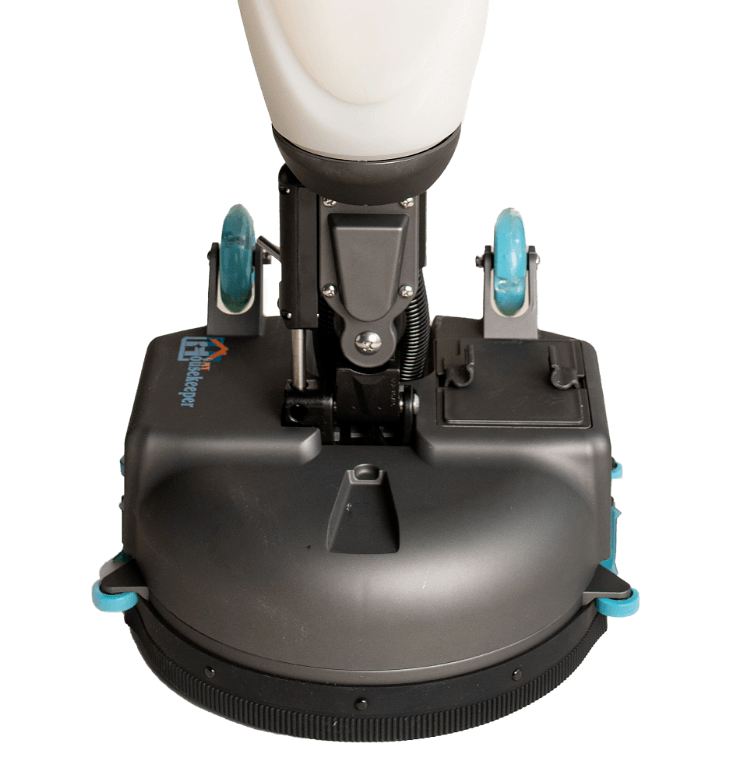Introduction
Intelligent Design Manufacturing (IDM) has emerged as a game-changing approach in the industrial landscape. By integrating advanced technologies and data-driven processes, IDM optimizes production, resulting in enhanced efficiency and improved product quality. In this article, we will delve into the various facets of IDM, exploring its benefits, applications, and the impact it has on industries worldwide. Discover how IDM is transforming traditional manufacturing methods, enabling businesses to stay competitive in a rapidly evolving market.
1. The Essence of Intelligent Design Manufacturing
Intelligent Design Manufacturing is a methodology that harnesses artificial intelligence, machine learning, and automation to optimize the entire manufacturing process. Unlike traditional methods, IDM leverages real-time data analysis to make informed decisions, anticipate challenges, and implement continuous improvements. By integrating technology with human expertise, IDM empowers manufacturers to respond swiftly to market demands, reduce production costs, and enhance overall productivity.
2. Benefits of Intelligent Design Manufacturing
The adoption of Intelligent Design Manufacturing offers a plethora of benefits to manufacturers across industries. Firstly, IDM significantly reduces human errors, minimizing the risk of defects and rework. Secondly, the real-time monitoring and data analysis ensure proactive maintenance, reducing downtime and increasing machine longevity. Thirdly, IDM optimizes inventory management, preventing overstocking or shortages. Furthermore, by streamlining workflows, IDM enables quicker time-to-market, allowing businesses to stay ahead of their competition. Finally, the incorporation of sustainable practices within IDM helps reduce the environmental impact, fostering a positive brand image.
3. Applications of Intelligent Design Manufacturing
Intelligent Design Manufacturing finds its applications in various sectors, from automotive to electronics, aerospace, and pharmaceuticals. In the automotive industry, IDM facilitates the efficient production of complex components, resulting in lighter, fuel-efficient vehicles. In electronics, IDM ensures higher precision and reliability, leading to innovative and durable gadgets. For aerospace, IDM optimizes material usage, enhancing the performance and safety of aircraft. Additionally, IDM plays a crucial role in pharmaceutical manufacturing, ensuring stringent quality control and adherence to regulatory standards.
4. Implementing Intelligent Design Manufacturing
Adopting Intelligent Design Manufacturing requires careful planning and integration of cutting-edge technologies. Firstly, manufacturers need to invest in advanced sensors and data collection systems to gather real-time data from the production floor. Next, employing machine learning algorithms allows the analysis of vast amounts of data to identify patterns and potential areas for improvement. Manufacturers must also provide training to their workforce to collaborate seamlessly with IDM systems. Additionally, partnerships with technology providers and consultants can accelerate the transition to IDM.
5. Overcoming Challenges in Intelligent Design Manufacturing
While Intelligent Design Manufacturing offers numerous advantages, its implementation comes with certain challenges. One of the major hurdles is the initial cost of technology integration and training. Manufacturers must carefully evaluate their ROI and long-term benefits to justify the investment. Additionally, data security and privacy concerns require robust cybersecurity measures to safeguard critical information from potential breaches. Addressing these challenges proactively will ensure a smooth transition to IDM and maximize its potential benefits.
6. The Future of Intelligent Design Manufacturing
As technology continues to evolve, the future of Intelligent Design Manufacturing looks promising. Advancements in artificial intelligence, machine learning, and the Internet of Things will further enhance IDM’s capabilities. We can expect even more sophisticated algorithms that can optimize production with minimal human intervention. The integration of virtual reality and augmented reality technologies will enhance training and workforce collaboration within IDM systems. Moreover, the growing focus on sustainability will lead to greener IDM practices, making manufacturing processes environmentally friendly.
Conclusion
Intelligent Design Manufacturing stands as a beacon of innovation in the manufacturing world, empowering industries to thrive in a fiercely competitive market. By embracing IDM, businesses can streamline operations, improve product quality, and foster sustainable practices, setting the stage for a prosperous future.
